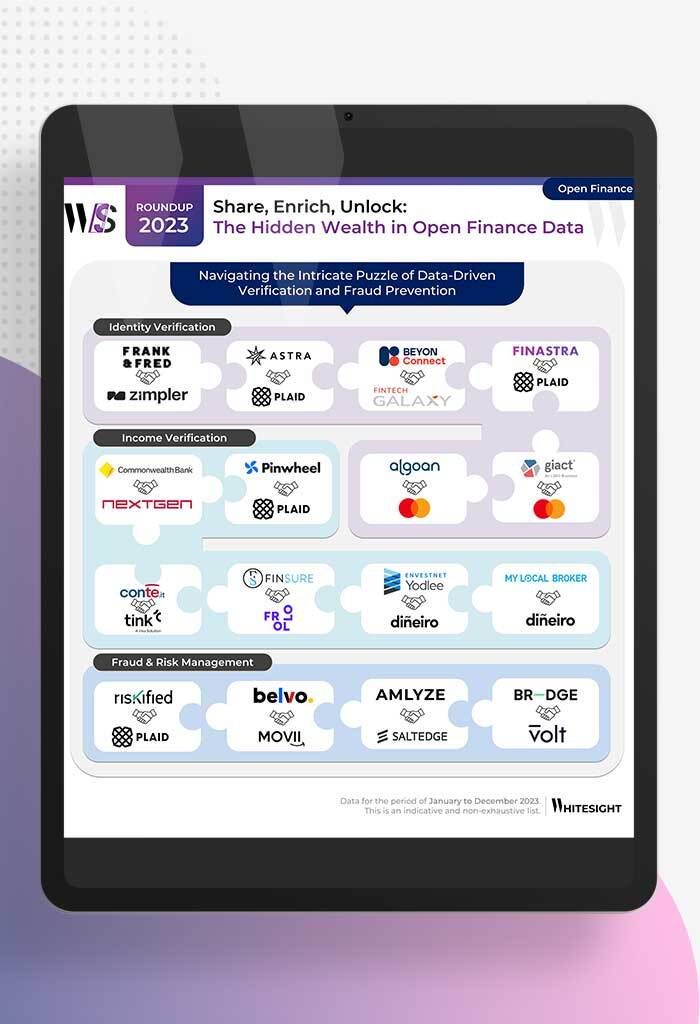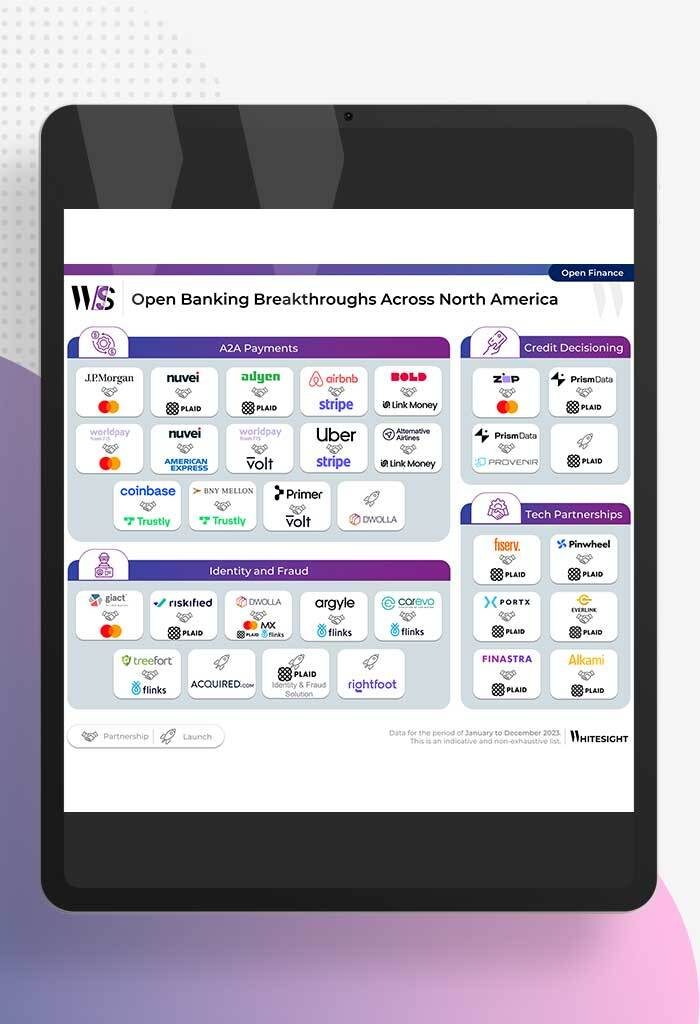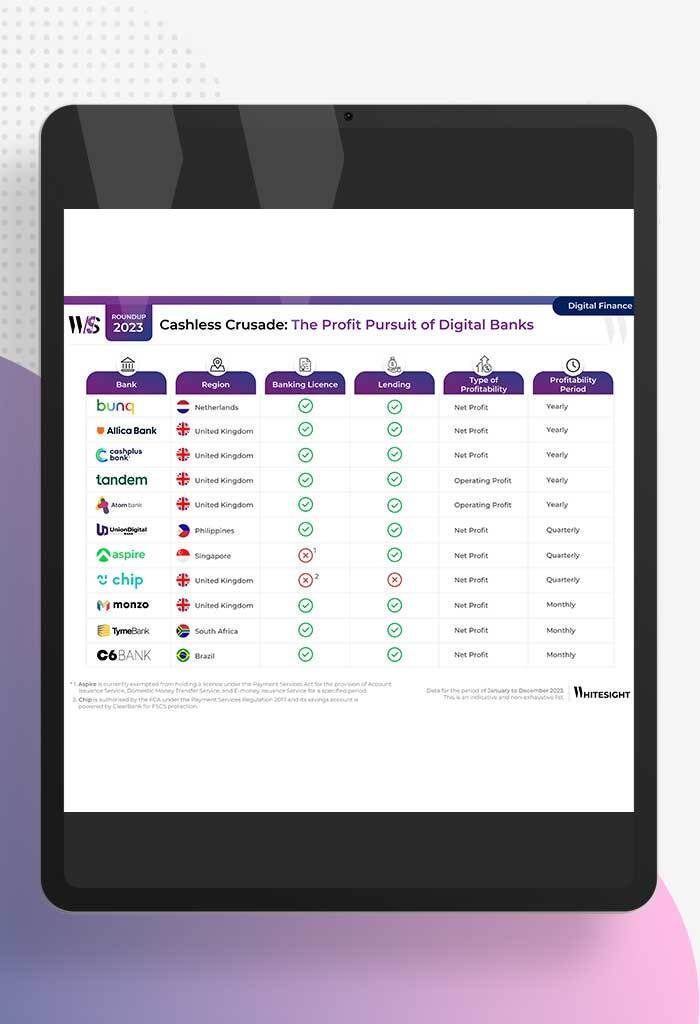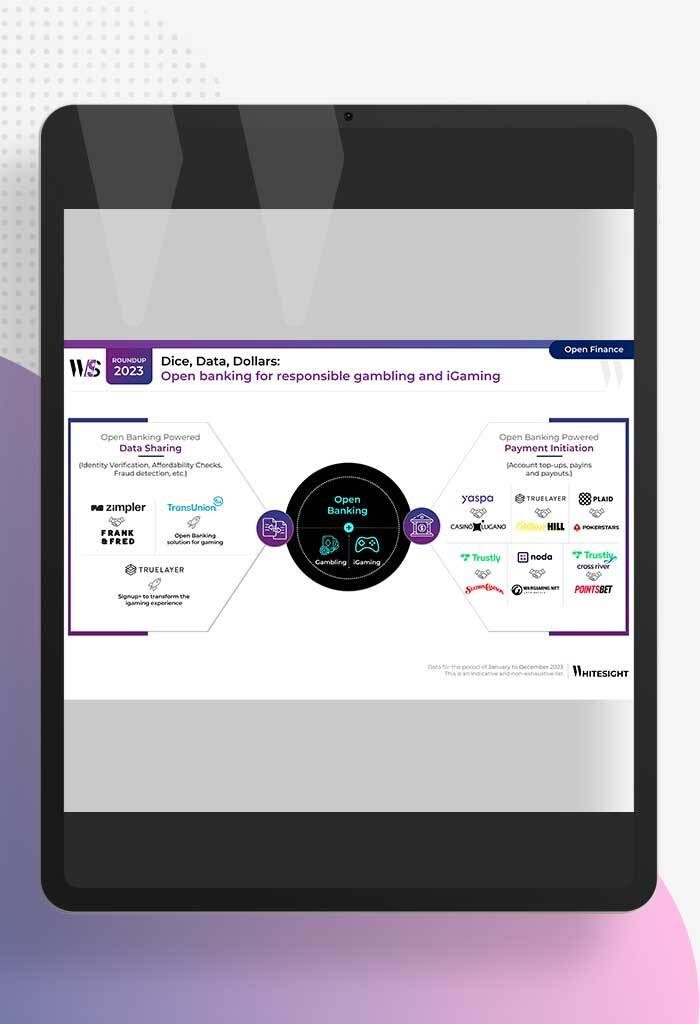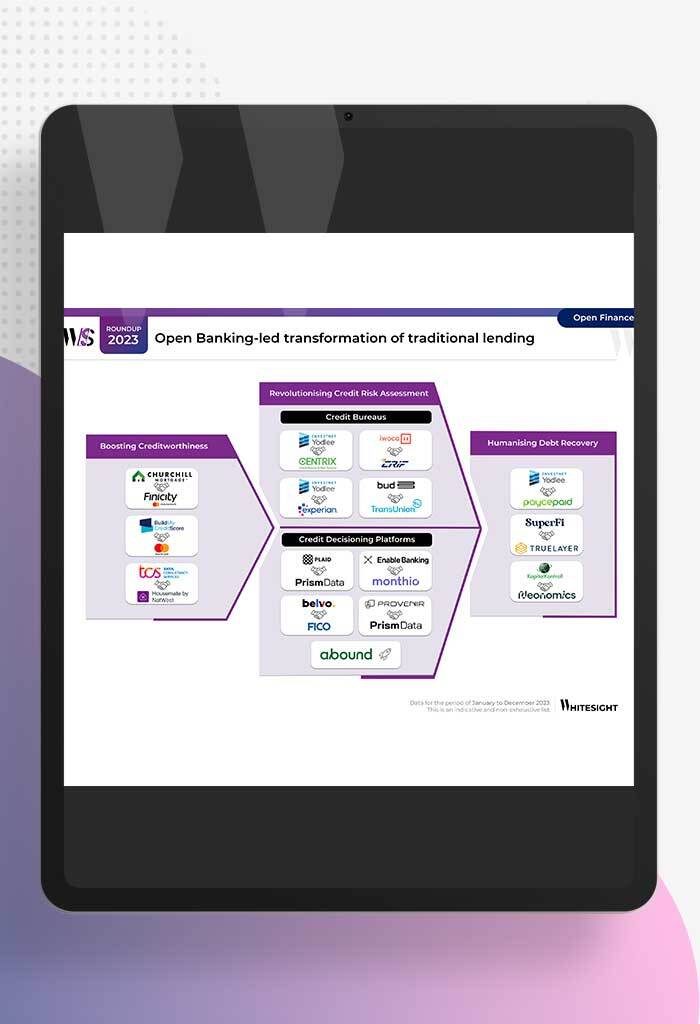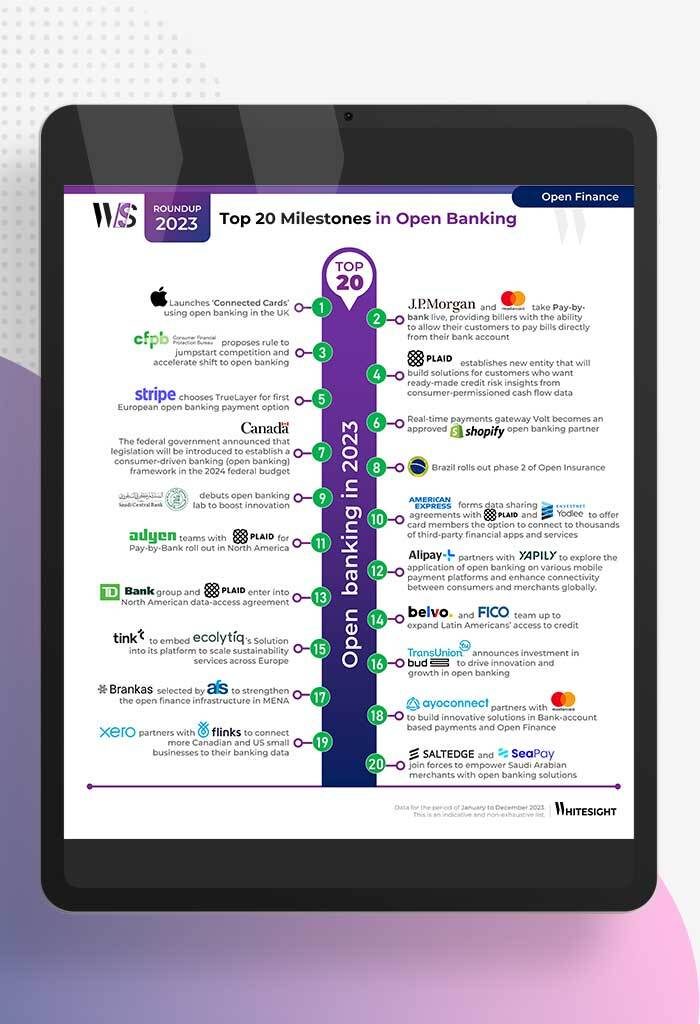Revolut’s Playbook to Build a Global Financial SuperApp
- Sanjeev Kumar and Risav Chakraborty
- 7 mins read
- Digital Finance, Insights
Table of Contents
The Neobanking sector seems to have evolved and matured significantly over the last 3-5 years. Having survived the pandemic, the neobanking landscape has undergone a significant transformation in business models where neobanks have stretched their product offerings, built credit-centric revenue streams, expanded their geographical footprints, diversified to serve new segments such as SMBs, and unlocked new revenue streams through Banking-as-a-Service offerings.Previously, we have analysed Revolut’s quest to become a global financial super app by expanding its product lines and growing its geographic footprints. It has also launched credit products leveraging its banking licence in Europe and credit licence in Australia and is betting big on the small-medium business segment as well. While a few neobanks and digital banks are expanding product lines and geographic footprints to countries closer to their home location, there’s almost no one trying to be a financial super app globally. This sort of global proposition of a one-stop financial super app for multiple customer segments is what separates Revolut from the rest of the neobanking lot.This time, we look beneath the surface and try to analyse Revolut’s playbook of building a global financial super app. What separates Revolut from the rest is not only the speed […]
This post is only available to members.
Already a subscriber? Log in to Access
Unlock this blog
Gain exclusive access to this blog alone.
Radar Subscription
Select a membership plan that resonates with your
goals and aspirations.
Not Ready to Subscribe?
Experience a taste of our expert research with a complimentary guest account.
We publish new research regularly. Subscribe to stay updated.
No spam.
Only the best in class fintech analysis.
Related Posts
- Kshitija Kaur and Sanjeev Kumar
From Data Streams to Enriched Data Fountains Remember the early days of plumbing? Water flowed freely, but its quality was...
- Samridhi Singh and Sanjeev Kumar
North America’s Open Sesame: Use Cases Bloom Open banking has garnered significant attention in recent years, and at Whitesight, we’ve...
- Samridhi Singh and Sanjeev Kumar
Profitability Unlocked: Licences, Service, and Survival The rise of digital banks has sparked a paradigm shift in how we perceive...
- Sanjeev Kumar and Risav Chakraborty
High stakes in the gambling sector The online gambling industry is booming, with a projected market size of $107.3B by...
- Sanjeev Kumar and Risav Chakraborty
Open Banking-led Transformation of Traditional Lending In 2023, a wave of innovation swept through the lending industry, thanks to several...
- Sanjeev Kumar
Unmasking Open Banking’s Game Changers in 2023 2023 has been a pivotal year in the world of open banking, marked...
